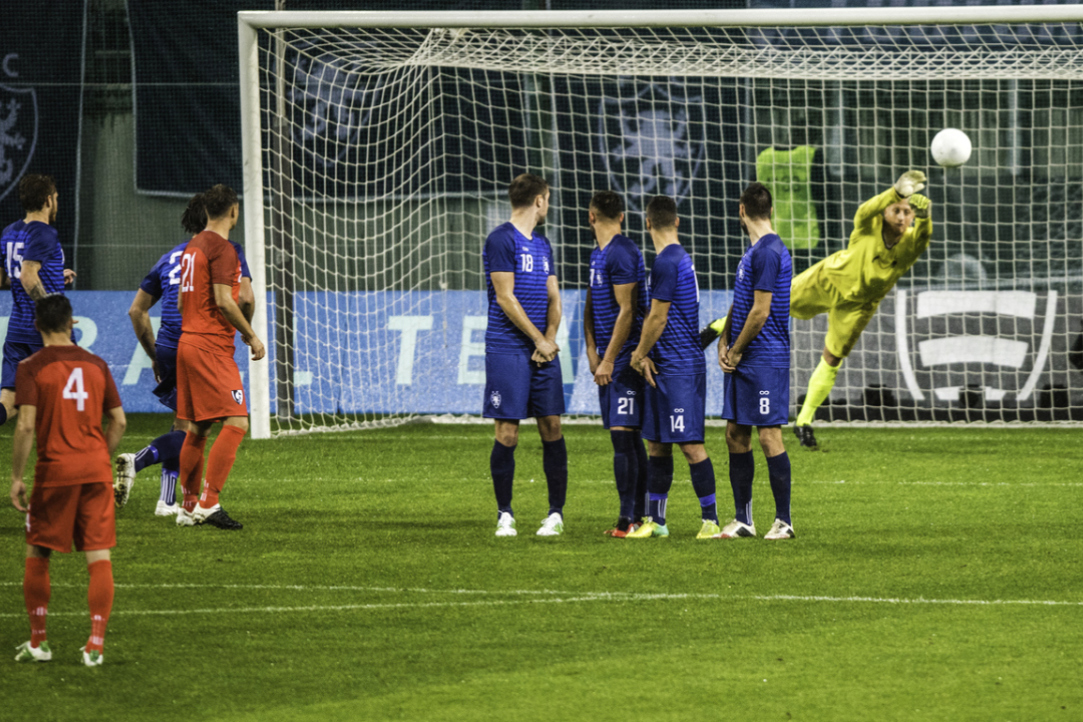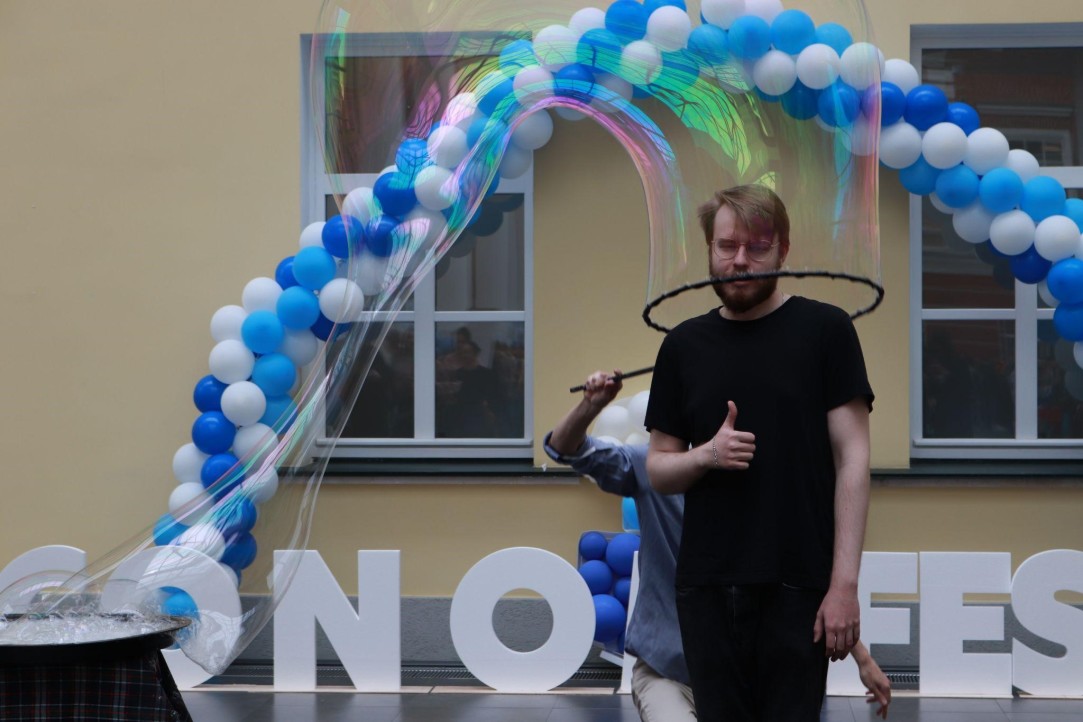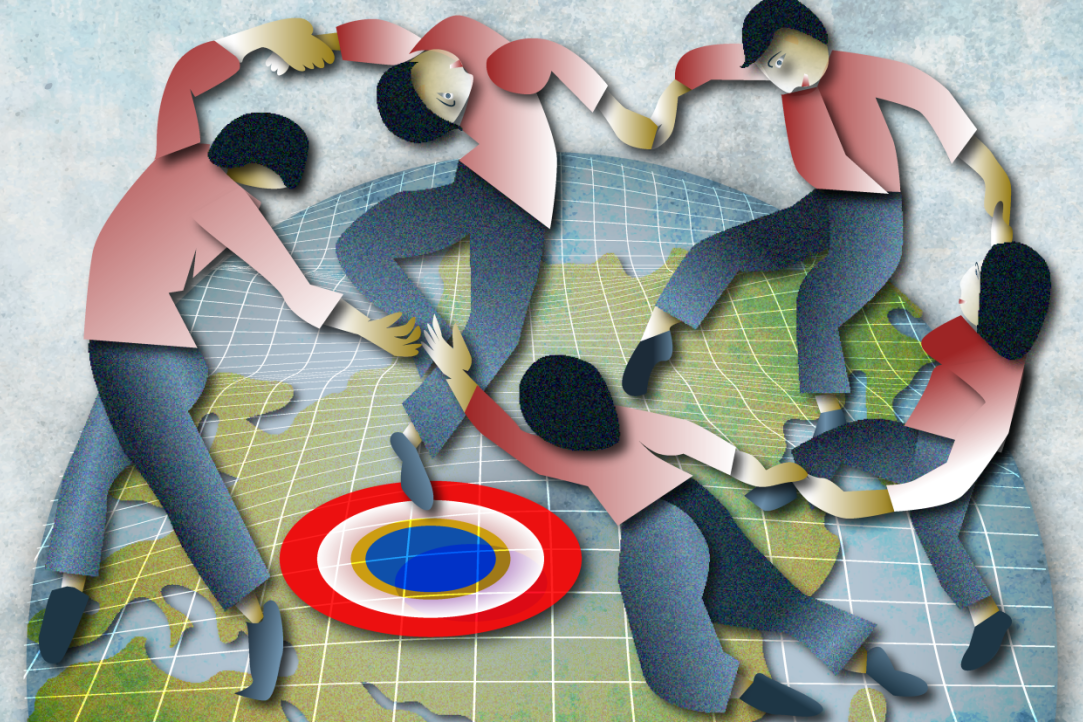
12% of Middle-aged Female Russians Look After Both Children and Parents at the Same Time
Economists at HSE University and the Russian Presidential Academy of National Economy and Public Administration (RANEPA) have assessed the situation of women from the ‘sandwich generation’ — those who have to take care of both their children and elderly parents. The results were mixed: women in this situation often fail to eat regularly, neglect medical check-ups and are more likely to be overweight, but at the same time suffer less frequently from chronic diseases, smoke and drink less and generally show a higher level of life satisfaction. The preprint of the study is published in the Munich Personal RePEc Archive.

Defenders in Football Underrated in the Transfer Market
Having analysed the statistics of players in the German Bundesliga, researchers from the HSE University Laboratory of Sports Studies found that the impact of defensive actions by players during a football match is much greater than contribution of such actions to their market value. The results of the study were published in the journal Applied Economics.

Graduate Admissions Webinars: PhD Programme in Economics
On February 1, 2023, HSE University will open admissions to its doctoral schools. The Doctoral School of Economics has held a webinar for prospective students, which attracted participants from various parts of the world. Materials and feedback from the webinar, as well as information on applications, are now available on the Faculty of Economic Sciences website.

HSE Faculty of Economic Sciences Co-Authors Intercontinental Monograph
The monograph Russian and Western Economic Thought has been published under the editorship of the HSE Faculty of Economic Sciences and the University of Hohenheim, Stuttgart (Germany). Written by a selection of respected experts, the monograph examines the interrelations and mutual influence of Russian and Western economic thinking. The book is edited by Prof. Vladimir Avtonomov, HSE Faculty of Economic Sciences, and Prof. Harald Hagemann, the University of Hohenheim.

Incompatible Alternatives: HSE Researchers on the Ambivalence of Power in the Twenty-first Century Economy
Ambivalence and a combination of contradictory principles are vividly manifested in the actions of government, its individual agents and institutions, as well as the everyday practices of economic subjects and citizens. The participants of the HSE Laboratory for Studies in Economic Sociology seminar discussed the book The Ambivalence of Power in the Twenty-First Century Economy: Cases from Russia and Beyond, recently published in the UK. Prepared by researchers from HSE University and foreign universities, the book focuses on the study of ambivalence in Russia and beyond.

The Informal Economy and Post-Soviet Transition
The informal economy is a global phenomenon found in both developed and developing countries. There remains no consensus among academics about how the informal sector impacts overall economic growth. Elena Kalmychkova and Alexander Lipanov of Lomonosov Moscow State University and HSE University examined the informal economic sectors of former Soviet republics and found that regardless of any potential negative impact, these informal economies eventually helped people adapt to a post-transition free market environment.

Russians Feel Disappointed with Their Income if Their Reference Group Average is Higher
Researcher Anastasia Dubnovitskaya of HSE University has studied the impact of social comparison on the level of Russians' pay satisfaction. The study used data from the Russia Longitudinal Monitoring Survey — HSE University (RLMS-HSE) from 2002 to 2018. It turned out that the main contribution to Russians' pay satisfaction is the difference between their actual pay and the average wages of the reference group — people with similar characteristics. The size of one's own wages was of secondary importance.

Anti-lectures, Cake and Soap Bubbles: HSE Faculty of Economic Sciences Celebrates Its 30th Anniversary
This year’s jubilee programme of Economfest turned out to be particularly eventful. Congratulations from university leaders, meetings with teachers, games, contests, quizzes, a job exchange with KPMG and Changellenge, as well as popcorn, cotton candy and cake were prepared for students, applicants and guests of HSE University.

Eurasian Barriers: Obstacles to International Economic Integration in the Post-Soviet Space
The creation of the Customs Union and the Eurasian Economic Union (EAEU) contributed to the development of mutual trade between their member countries. That process picked up pace significantly starting in 2019. Still, it is too early to say that the efforts by EAEU member states to achieve economic integration have been an unqualified success. This problem is the focus of a joint report that a group of experts from Russia (HSE), Kazakhstan, Belarus, Armenia and Kyrgyzstan presented at the XXIII Yasin International Academic Conference organised by HSE University in April.

Unlike Female CEOs in Europe, Women Executives in Russia Are As Likely to Pursue Innovation As Their Male Colleagues
Gender, alongside other characteristics, seems to have a different effect on CEO risk-taking practices in Russia and in Western Europe. Female executives in Russia are at least as likely as men — and in some areas even more likely — to engage in new R&D or to launch new products on the market.

